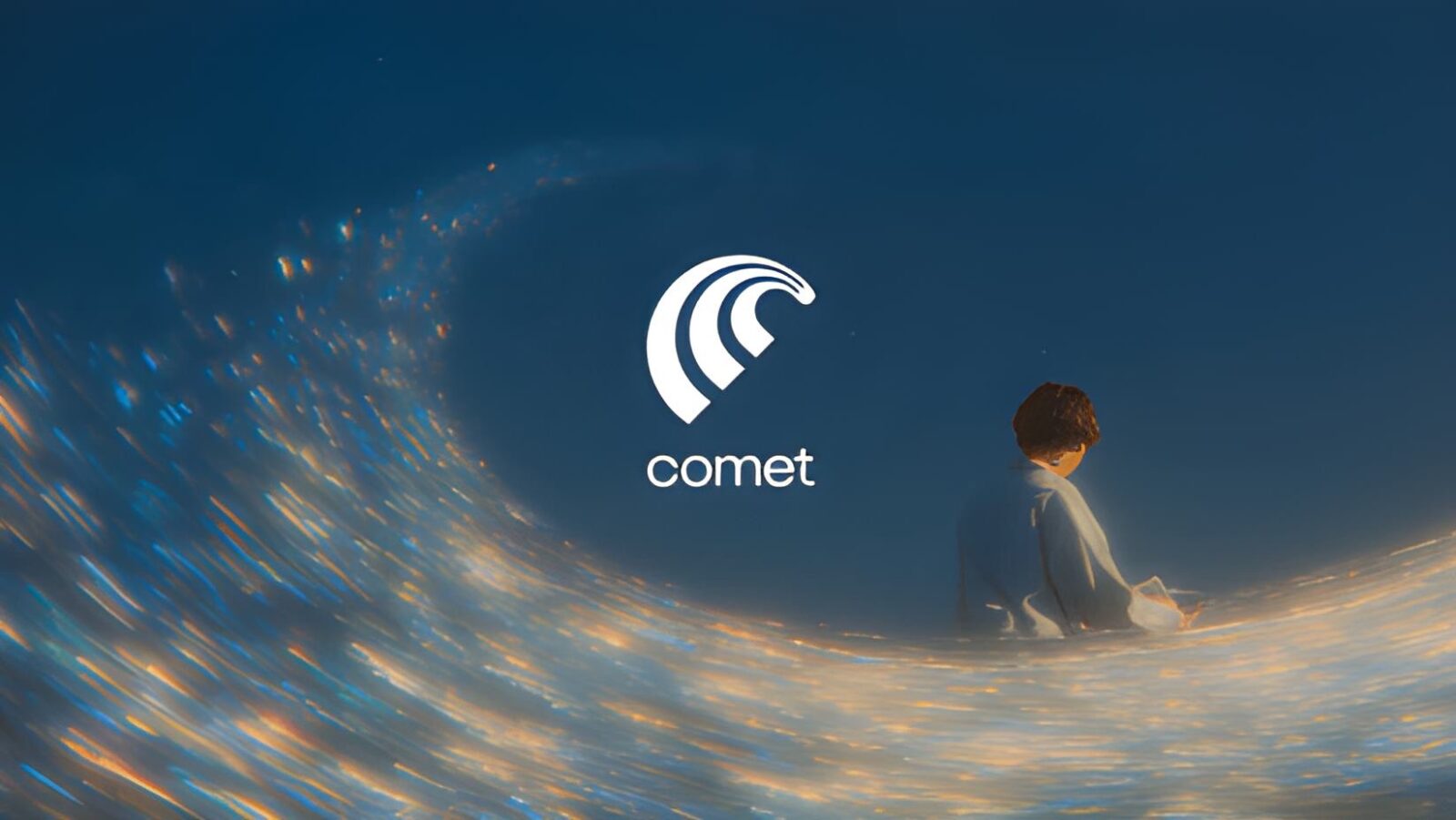Charlie Brooker’s anthology series, “Black Mirror,” has consistently captivated audiences with its incisive exploration of technology’s impact on society. With the release of its seventh season, the show embarks on a journey that intertwines its signature dystopian narratives with a newfound warmth and humanity. This season comprises six episodes, each delving into unique facets of the human experience in a technologically saturated world. Notably, it includes the series’ first-ever sequel, “USS Callister: Into Infinity,” a continuation of the acclaimed season four episode. While this sequel offers a nostalgic return to familiar characters, it somewhat lacks the innovative spark that characterizes the other installments.
Black Mirror season 7
The season opens with “Common People,” a poignant narrative featuring Chris O’Dowd and Rashida Jones as a working-class couple grappling with profound challenges. Their love is palpable, yet their financial constraints are equally pressing. When Jones’s character is diagnosed with a life-threatening brain tumor, they are presented with a groundbreaking yet costly technological solution: transferring her consciousness to the cloud via a subscription-based service. This episode masterfully critiques the commodification of essential services and the ethical dilemmas posed by such advancements. While the satire is unrelenting, it is underpinned by a deep empathy for the characters’ plight, making it a standout in its exploration of modern vulnerabilities.
“Hotel Reverie” introduces Issa Rae as a film actress cast in an avant-garde remake that integrates her avatar into an AI-driven simulation of a classic black-and-white romance. The narrative echoes themes from “The Truman Show” and the imaginative storytelling of Steven Moffat’s “Doctor Who,” delving into the blurred lines between reality and artificial constructs. The episode eloquently examines the emotional resonance that fictional characters can evoke, not only in audiences but also in their creators, highlighting the profound impact of storytelling on the human psyche.
Paul Giamatti delivers a compelling performance in “Eulogy,” portraying a man who discovers a means to immerse himself in old photographs, thereby reliving and confronting memories of a lost love. This narrative deviates from Brooker’s typical focus on digital dualities, instead offering a heartfelt meditation on nostalgia, regret, and the immutable nature of past decisions. The simplicity of the plot, combined with Giamatti’s nuanced portrayal, renders it a deeply affecting exploration of human emotion and the passage of time.
Demonstrating that “Black Mirror” retains its capacity for dark humor, “Bête Noire” centers on Maria, an ambitious office worker played by Siena Kelly, who becomes increasingly suspicious of new recruit Verity, portrayed by Rosy McEwen. Maria’s attempts to expose Verity’s malevolent intentions are met with skepticism, leading to a series of events that escalate into chaotic hilarity. The episode adeptly builds tension, culminating in a conclusion that elicits both shock and laughter, showcasing Brooker’s talent for blending suspense with satirical commentary.
The season’s only misstep is “Plaything,” set in a near-future where law enforcement utilizes DNA sampling to solve crimes. Peter Capaldi portrays a complex murder suspect with a penchant for an immersive video game reminiscent of “Lemmings” and “The Sims.” Despite a promising premise and Capaldi’s formidable acting prowess, the episode falters by failing to develop its initial concept into a satisfying narrative arc, leaving viewers with a sense of unfulfilled potential.
The season concludes with “USS Callister: Into Infinity,” revisiting the universe of the beloved season four episode. While it offers fans an opportunity to reconnect with familiar characters and settings, the sequel struggles to recapture the original’s innovative essence. The narrative, though engaging, lacks the unpredictability and fresh perspective that hallmark the series’ most successful episodes.
Overall, the seventh season of “Black Mirror” represents a maturation of the series, seamlessly integrating its hallmark dystopian themes with narratives rich in emotional depth and humanity. This evolution results in a collection of episodes that are not only thought-provoking but also profoundly resonant on a personal level. The season is currently available for streaming on Netflix.





